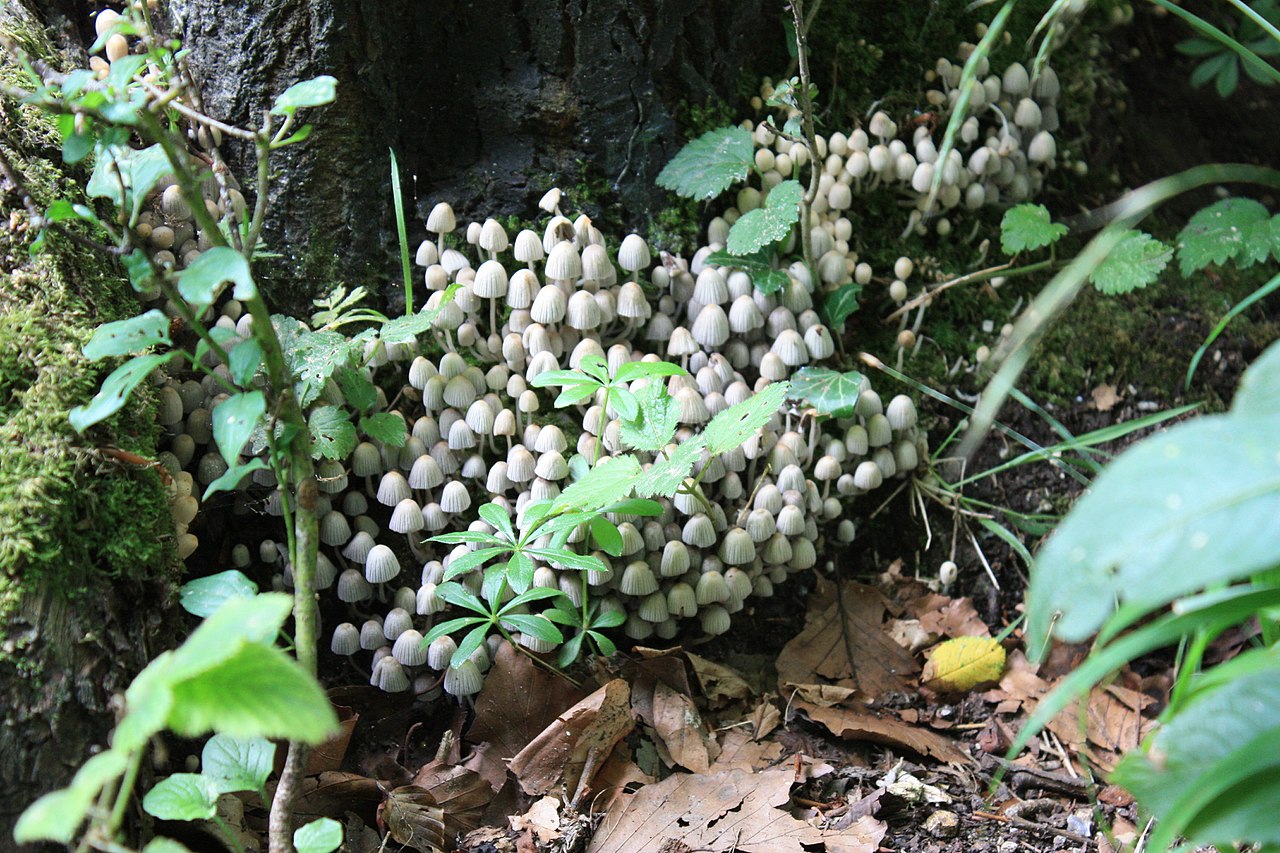On July 6, 2020, the campaign Decriminalize Nature D.C. reported filing 36,249 signatures with the D.C. Board of Elections for a ballot initiative on entheogenic plants and fungi. In Washington, D.C., the number of signatures required for a ballot initiative is equal to 5 percent of the district's registered voters. As of May 31, there were 496,701 registered voters in Washington, D.C.; therefore, the signature requirement is 24,836 valid signatures.
Known as Initiative 81, the ballot initiative would declare that police shall treat the non-commercial cultivation, distribution, possession, and use of entheogenic plants and fungi as among the lowest law enforcement priorities. Initiative 81 would define entheogenic plants and fungi as species of plants and fungi that contain ibogaine, dimethyltryptamine, mescaline, psilocybin, or psilocyn. Examples include psilocybin mushrooms—also known as magic mushrooms or shrooms—peyote, and iboga. The ballot initiative would also ask the D.C. Attorney General and U.S. Attorney for D.C. to cease the prosecution of residents who engage with entheogenic plants and fungi.
The D.C. Board of Elections has 30 days from July 6 to determine if enough of the submitted signatures are valid for the initiative to appear on the November 3 ballot. D.C. also has a distribution requirement for signatures, requiring that the total number of submitted signatures include 5 percent of the registered electors in each of at least 5 of the city’s 8 wards.
In 2019, Denver, Colorado, became the first city to decriminalize psilocybin mushrooms. Denver Initiated Ordinance 301, which received 50.6 percent of the vote, declared that the adult use and possession of psilocybin mushrooms were of the city's lowest law enforcement priorities. Initiated Ordinance 301 prohibited the city from spending resources on enforcing related penalties.
Voters in Oregon could decide a psilocybin-related initiative on November 3, 2020. The Oregon Psilocybin Society submitted signatures on June 29, 2020.



